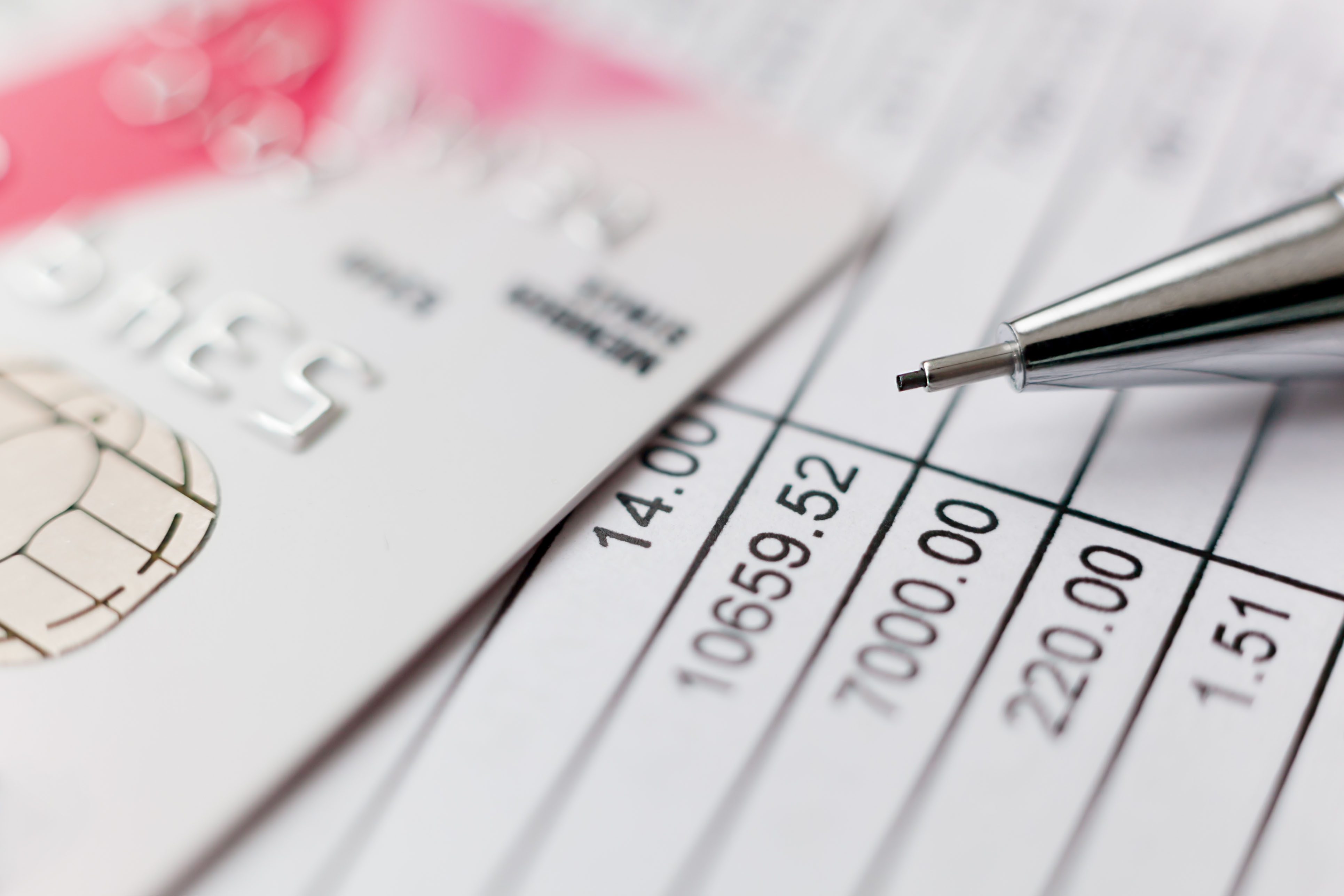A recent press release from the websiteBankrate.com is entitled “Banrate.com Surveys Prepaid Cards, FindsFees Galore.” Why fees on prepaid cards are so surprising that itis worth a press release is not clear.
This release is akin to saying that “Bankrate.com Surveys MovieTheaters, Finds Fees Galore.” If you go to the movies you pay a feeto get your ticket, then if you want popcorn, you pay a fee forthat. If you get thirsty from the salt on the popcorn, you payanother fee for a cola. Candy, there’s another fee. On top of allof that, some places even charge you for parking.
No one would expect a movie theater to let people in for free. Theywouldn’t expect a plumber to fix their pipes for free. And none ofthese detractors would do their own jobs for free, so why shouldprepaid be any different?
The average cost of a movie ticket was $7.93 in 2011, according to theNational Association of Theater Owners. According to the Bankratesurvey, two-thirds of the cards that it surveyed had an averagemonthly fee ranging from $2.50 to $9.95, and that says nothingabout the average monthly fee most cardholders are paying.
Compared with a movie ticket, the price of prepaid card should seema bit more reasonable. What causes the outcry, then?
The answer is that everyone compares prepaid cards to “free”checking. What no one is willing to admit, however, is that the”free” checking was not always free. Banks made free checking payby charging overdraft fees to customers and interchange fees ondebit purchases to merchants. They selectively cleared transactionsin ways that frequently led to increased overdrafts. Once these twothings were reduced by regulations, free checking started todisappear. Now, many accounts have minimum balance requirements ordirect deposit requirements, much like many prepaid cardprograms.
The other thing that critics neglect to mention when makingcomparisons between “free” checking and prepaid cards is that manybanks also have other ways to make money on those deposits. Theycan lend them out to mortgage and other types of borrowers. Banksalso would do things like charge paper statement fees and foreignATM fees. These all helped to defray the cost of “free”checking.
So bank accounts are kind of like television: they have another wayto pay (commercials for TV, loans, overdrafts, and other fees forbanks) for what they provide and so can offer a basic service forfree. Prepaid cards are like going to the movies – you get nocommercial interruptions, but it may seem like a higher cost to seethe show. The question really comes down to choice and value.











